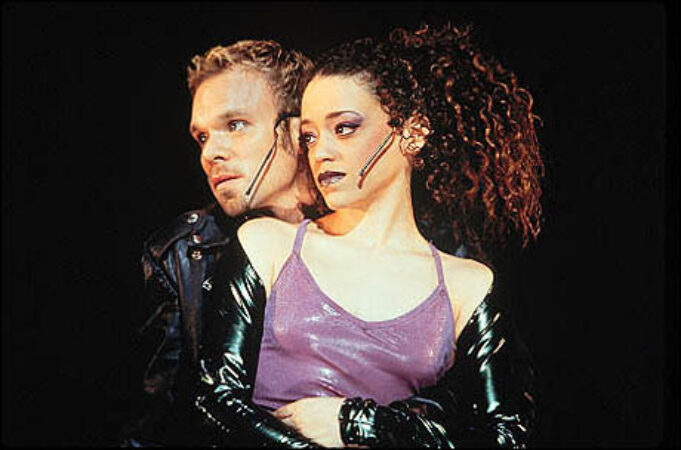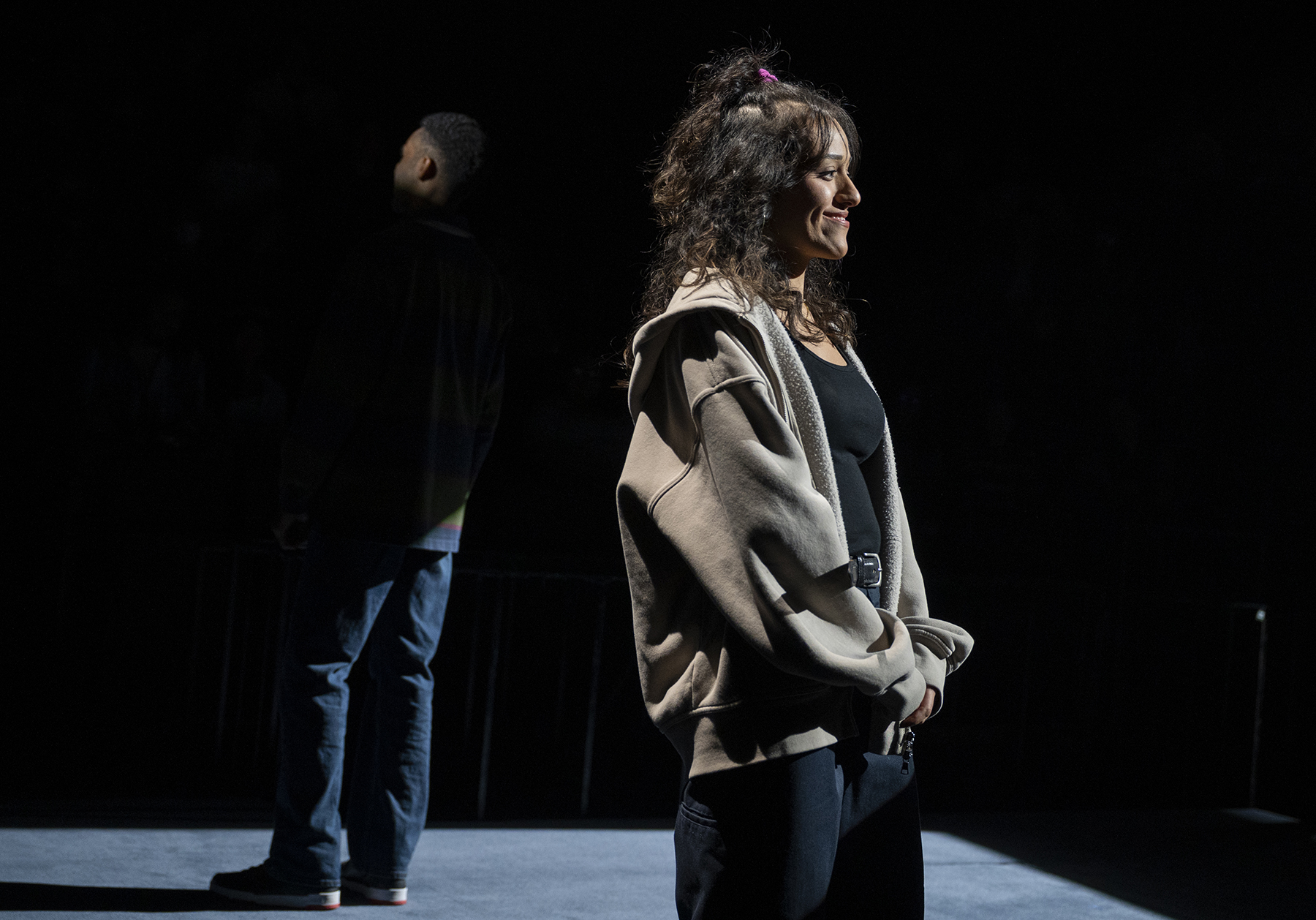By Rikki Lee Travolta
The theatre is a magical place where stories are told, dreams are fulfilled, and audiences are transported to new worlds. But behind the curtain, there is a team of dedicated professionals who work tirelessly to make the magic happen. One of the most important members of this team is the understudy.
Understudies are actors who learn the roles of the principal cast members in case they are unable to perform. They attend all rehearsals and are prepared to step in at a moment’s notice, regardless of the reason. As such, understudies play a vital role in ensuring that the show goes on, no matter what.

Photo by Carson Masterson on Unsplash
Different theaters have different policies when it comes to announcing when an understudy is performing. On Broadway, understudies have typically been announced via inserts in the program on the day of their performance. Other professional theaters will do an audio announcement before the performance noting any understudies going on.
On a few recent occasions, I have reviewed theatrical plays and musicals only to find out after publication that certain roles were filled by understudies but not announced. That disappoints me.
The understudy is often a thankless job. You have all the responsibilities of the principal actor, but without guarantees that you’ll ever get the glory. So, when an understudy does go on, I think it should be duly noted and appreciated.
The Purpose of Understudies
Understudies serve a number of important purposes in the theatre. First and foremost, they are there to ensure that the show goes on, even if a principal cast member is unable to perform. This is especially important for long-running shows and touring productions, where there is no time to reschedule performances.

Photo by Hulki Okan Tabak on Unsplash
Understudies also play an important role in the rehearsal process. They provide feedback to the director and cast, and they help to ensure that the show is running smoothly. Understudies can also be called upon to perform in workshops and previews or make promotional appearances, helping to hone the show before it opens to the public.
In addition to their practical role, understudies also play an important symbolic role in the theatre. They represent the dedication and commitment of the cast and crew to the show. Understudies are always prepared to step in, even if it means sacrificing their own performance opportunities. This commitment to the show and to the audience is one of the things that makes the theatre such a special place.
As a headliner, I am in the unique position. Not only does the producer have the option of putting an understudy on for me if I was to become ill, I often have asked to schedule specific performances for my understudy to go on.
By having scheduled performances, my understudies have the opportunity to invite their friends and family to see them perform. Even more important, they can invite industry professionals such as talent agents and casting directors to see them in action.
Thanks to these kinds of opportunities, many of my understudies have been able to go on to successful careers of their own in starring roles.
Famous Understudies
The concept that an understudy is somehow only a lesser quality stand-in is abysmally false. Many famous actors and actresses began their careers as understudies.
Norbert Leo Butz is one of the most celebrated actors in Broadway today, having won two Tony Awards for his performances in Wicked and Dirty Rotten Scoundrels. But before he was a star, Butz was an understudy in the original Broadway production of RENT.

RENT publicity photo
Butz’s journey to RENT began in 1996, when he moved to New York City with dreams of becoming a Broadway actor. He landed a job as an understudy in RENT, where he learned the roles of Roger and Mark. Butz also worked as a swing, which meant that he could be called upon to play any role in the show at a moment’s notice.
In 1997, Adam Pascal, who originated the role of Roger in RENT, left the show to pursue other opportunities. Butz was then promoted to the lead role of Roger. Butz made his Broadway debut as Roger on November 4, 1997, and he quickly became a fan favorite.
Butz’s performance as Roger was praised by critics and audiences alike. He was particularly lauded for his powerful vocals and his ability to connect with the audience emotionally. Butz remained with RENT for over a year, and he helped to make the show a global phenomenon.
Butz’s success in RENT led to roles in other Broadway shows, including Wicked, Dirty Rotten Scoundrels, and Catch Me If You Can. He has also appeared in numerous films and television shows. Butz is now considered a bankable leading actor.
Butz’s transition from understudy to star was not easy. He had to work hard to prove himself to the director, the cast, and the audience. Butz also had to overcome the misconception that understudies are second-best.

Photo by Wesley Pribadi on Unsplash
Plain and simple, understudies are an essential part of the theatre, and they deserve to be recognized for their dedication and talent.
There are a number of things that theatres can do to recognize understudies for their hard work and dedication.
I feel very strongly that a theater should always publicly announce when an understudy is going on. Showing respect to the understudies in this way is the minimum that should be expected.
Announcing understudies can be done in the show’s program, in a verbal announcement before the performance, on the theatre’s website, and on social media. This will help to raise awareness of the understudy’s role and show appreciation for their talent.
These talented people work hard in an often thankless job. Let’s do what we can to make sure they know they are valued. Let’s make it a point to celebrate the understudy.




